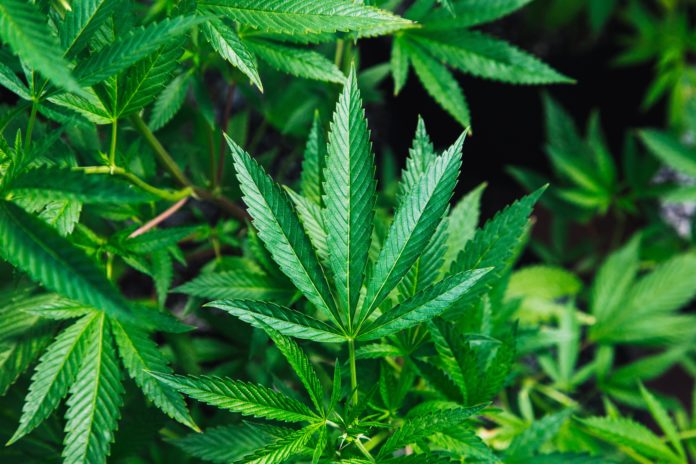The interest in the science of psychoactive drugs is very great. Evidence of the therapeutic benefits of marijuana, MDMA, psilocybin and many others is growing thanks to the resurgence of scientific interest in the study of these compounds.
But many of these drugs are strictly prohibited and people who sell them can face fines and even prison. So, where do the researchers get the drugs for their studies?
The short answer is, in the United States, from the government itself. The National Institutes of Drug Abuse (NIDA) has an extensive catalog of drugs that researchers can order, including heroin, cannabis, ibogaine and even carfentanil, a drug often used to sedate elephants.
Getting to the point where Uncle Sam can order heroin is difficult and involves a lot of paperwork, background checks and rigorous protocols. But a few researchers manage to explore the healing potential of currently illegal drugs despite bureaucracy.
The drugs are classified in lists and those on the list are considered to have no medical application and carry a high risk of addiction. It includes substances such as heroin, peyote, LSD and, of course, marijuana. Drugs such as cocaine, methamphetamine and fentanyl are on list II, for the medical uses they have. In contrast, alcohol and tobacco, two of the most popular drugs in the United States, are not listed.
“It is likely that several drugs currently classified in List I have significant therapeutic potential,” a group of New York physicians wrote in the American Journal of Bioethics in 2016.
How do you get permission to place patients?
Getting permission to give people a psychedelic drug is not easy. The process can be so arduous and expensive that some universities or laboratories do not even bother.
Bryan Roth, a professor of pharmacology at the UNC-Chapel Hill School of Medicine, wanted to study how LSD adheres to the brain and says that “basically, the DEA is requested and then the documentation is completed explaining how and why He proposes to study LSD, the amount of material you will possess and how it will be stored and protected from possible loss, in all it takes about two years to get the license after a lot of paperwork.”
Despite the growing enthusiasm among the general public surrounding the psychedelics, Roth says that most scientists are still not interested in studying these medications. The barriers that suppose that they are in the list I play an important paper, but a greater problem for Roth is that “when the subsidies are reviewed, generally there is nobody in which it wants to study the LSD or is interested in that somebody else studies it “.
The future of drug research
The blockade of drug research not only holds back science, but it can also have deadly consequences, according to Aldo Badiani, professor of psychology and addiction medicine at the University of Sussex. He argues that restrictions on the study of heroin have led many scientists to substitute morphine or oxycodone in opioid studies instead of using drugs that look more like what is actually found on the streets.
In this way, regulations that restrict drug research can sometimes make the treatment of drug abuse even more difficult. But, Badiani says, there are scientists motivated and determined to move forward.
